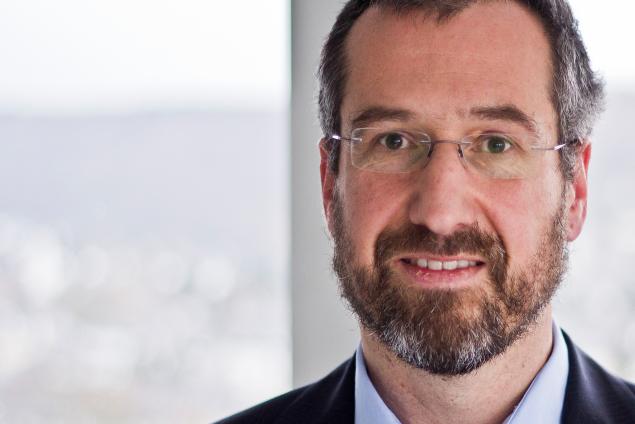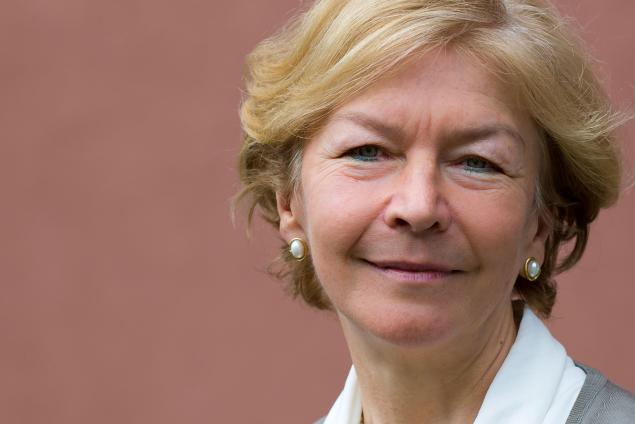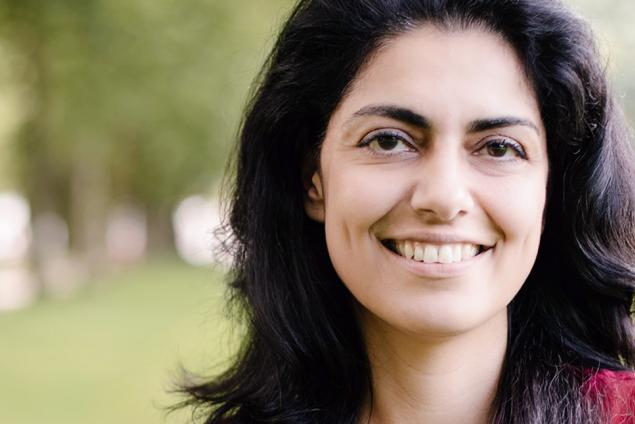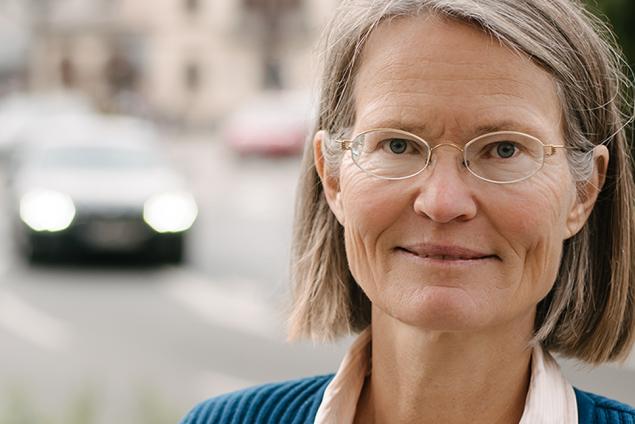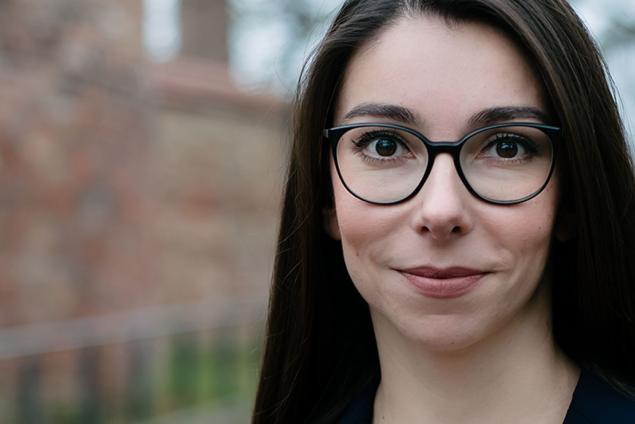Scroll to Section:
Rather than referring to laws written and developed by the state, judges in Saudi Arabia largely rely on Islamic jurisprudence and the interpretation of sacred texts. In this video, DOMINIK KRELL explores how legal reform can occur in these circumstances. Focusing on a form of divorce called khulʿ which is initiated by the wife and combining textual study with fieldwork interviews, he finds that Saudi jurists were able to reinterpret Islamic divorce law without state interference and thereby increased women’s possibilities to end unhappy marriages.
DOI:
https://doi.org/10.21036/LTPUB10975
Institution
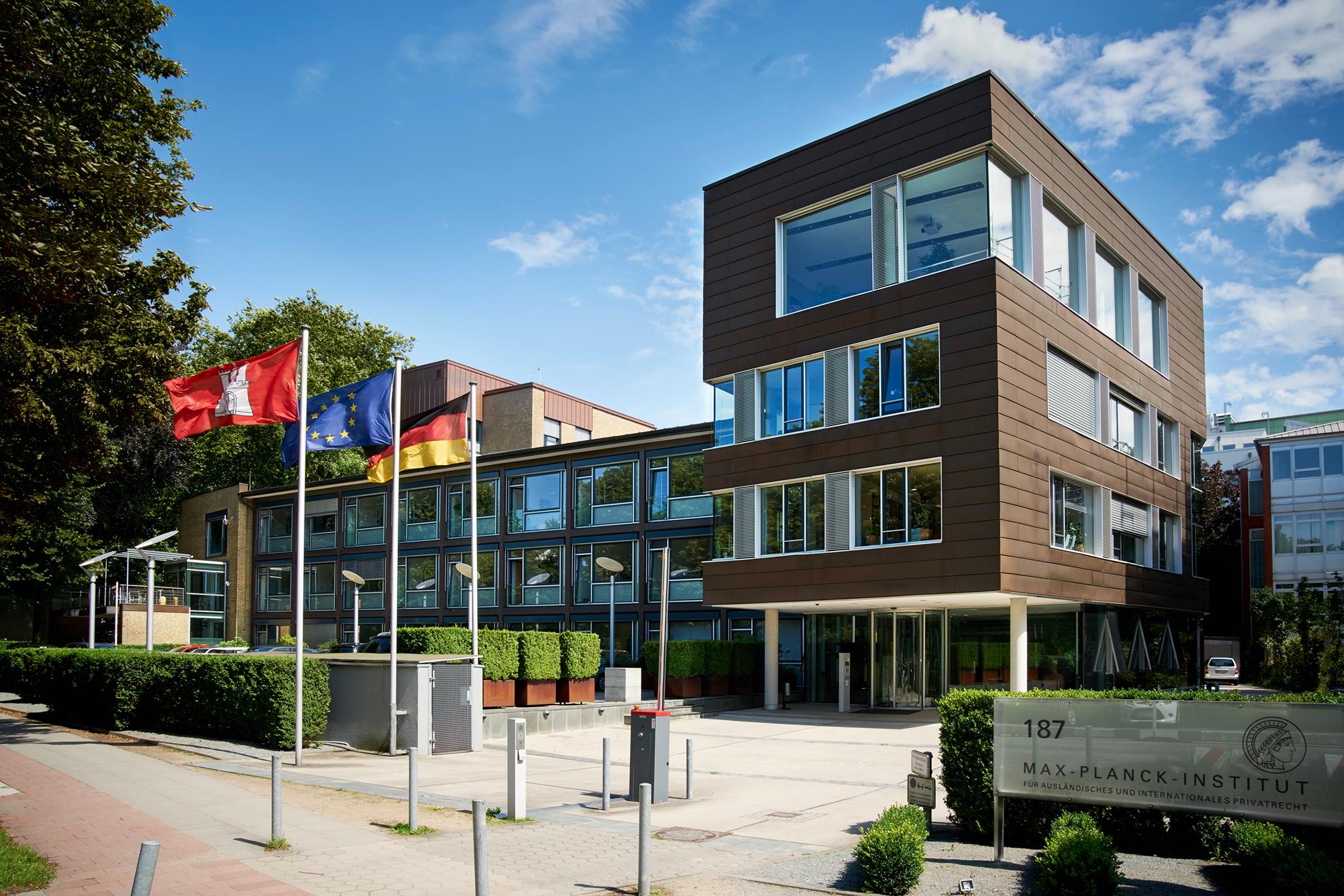
Max Planck Institute for Comparative and International Private Law
Different countries, different cultures – and usually also a different basis for legal systems. The development of the European single market, the global integration of multinational business and commercial companies as well as the increasing internationalisation of our daily lives require that areas of private and commercial law provide solutions that cannot only be derived from the legal systems of individual countries. Academics at the Max Planck Institute for Comparative and International Private Law in Hamburg apply analysis of the differences and similarities between different legal systems to develop a foundation for an international understanding of law and its application to cross-border circumstances. This also includes addressing the methodological issues of comparative law and unification of law. The central research tool of the Institute is its library, which contains one of the world’s most extensive collections of literature on civil law. ( Source )
Show more
Original publication
Die Reform der Loskaufscheidung (ḫulʿ): Lehren aus Saudi-Arabien
Die Welt des Islams
Published in 2020
Beyond
A Ground-breaking Scientific Revolution
An Alarming Challenge for Society
If I Had a Second Life
A Personal Reading Recommendation
